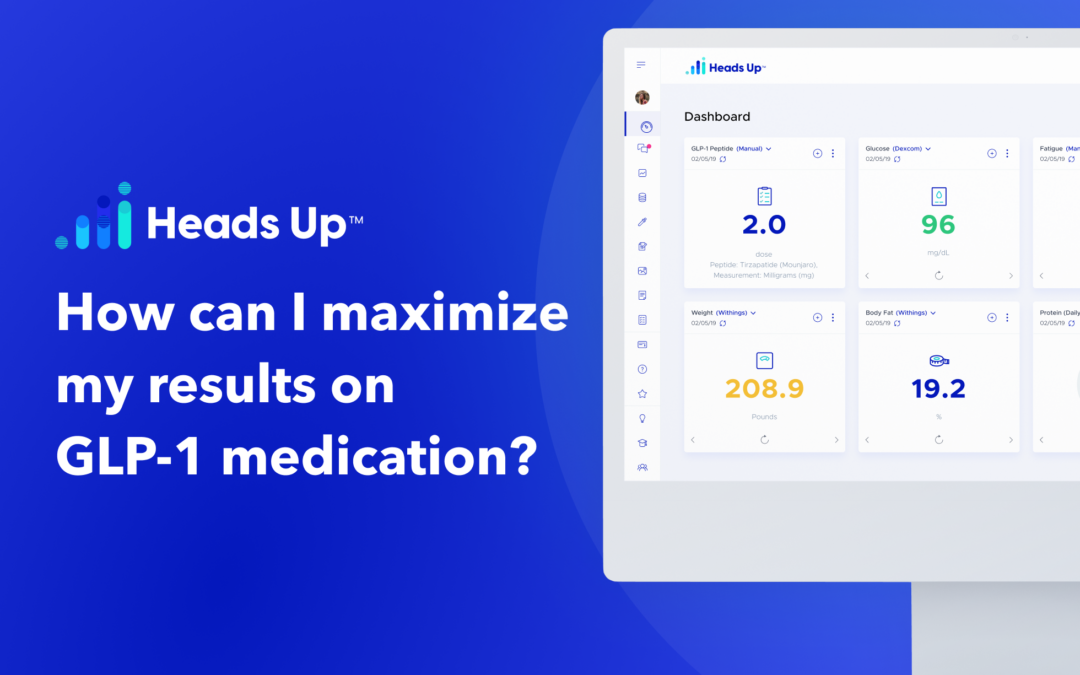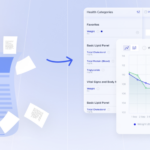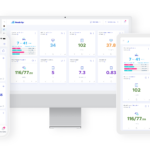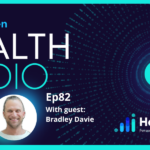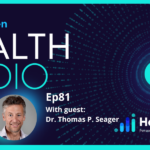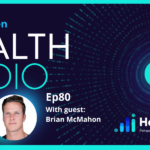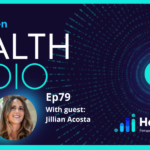GLP-1 medications are used for both blood sugar management and weight loss. This means you may be looking for different results, depending on why you are taking it.
Maximizing Blood Sugar Control
Like other diabetes medication, the goal of a GLP-1 is to help control your blood sugar. You can track your own blood sugar with a meter at home to determine if you are seeing results. Your doctor may also want to periodically measure your blood sugar, HgbA1C, or other blood markers to evaluate if the medication is working.
The best way to ensure that the GLP-1 medication is working to improve your blood sugar is to follow a diabetic diet and other healthy lifestyle habits. A diabetic diet is a balanced diet that includes lean proteins, vegetables, healthy fats, whole grains, and fruits. Foods that should be limited include sweets, foods high in sodium, sugar-sweetened beverages, and fried foods.
Meals should also be well-balanced to include the right portion of carbohydrates and protein. A registered dietitian can provide guidance on what type of diet to control your blood sugar.
Other ways to optimize the results of your GLP-1 on blood sugar are to exercise regularly, get enough sleep each night, and keep your stress well-managed. GLP-1 medications are just a tool in your diabetes management toolbox, other healthy lifestyle habits still need to be in place to help the medication work.
Maximizing Weight Loss
GLP-1 medications work to induce weight loss by increasing satiety after meals (meaning you get full faster), reducing appetite, and controlling blood sugar. In order to ensure you lose weight at an optimal rate, it is recommended that you follow a healthy, well-balanced diet and exercise regularly.
A diet that is focused on lean protein, fruits, vegetables, and healthy fats will help support weight loss. Limit sweets, sugar-sweetened beverages, and alcohol, to boost your weight loss further. Drink plenty of water, at least 8 glasses per day.
It may be tempting to eat as little as possible to lose weight faster. But this could potentially backfire, as you could lose too much lean muscle making it difficult to keep the weight off long-term. Instead, try to eat at least 3 small meals per day and always start your meal with protein, which supports healthy muscle and metabolism.
Finally, consider a multivitamin while on the medication, since you may not be able to meet all of your nutritional needs due to the smaller portions of food.
References:
- Diabetes Diet, Eating, & Physical Activity. (2023, July 12). National Institute of Diabetes and Digestive and Kidney Diseases; NIDDK – National Institute of Diabetes and Digestive and Kidney Diseases. https://www.niddk.nih.gov/health-information/diabetes/overview/diet-eating-physical-activity
- Shah, M., & Vella, A. (2014). Effects of GLP-1 on appetite and weight. Reviews in Endocrine & Metabolic Disorders, 15(3), 181–187.
- Moon, J., & Koh, G. (2020). Clinical Evidence and Mechanisms of High-Protein Diet-Induced Weight Loss. Journal of Obesity & Metabolic Syndrome, 29(3), 166–173.
